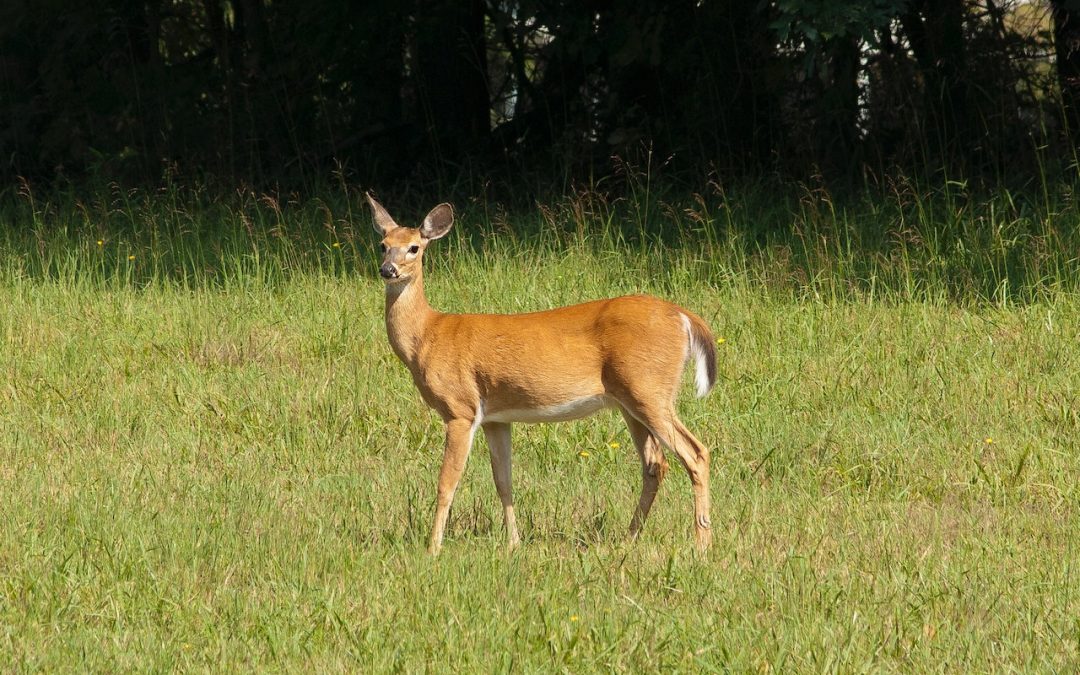Hunting is an exciting and rewarding activity that requires skill, knowledge, and patience.
One of the most crucial aspects of hunting is finding the right location to pursue your game. Whether you are a seasoned hunter or a beginner, it is essential to know what to look for when scouting land when planning your hunting trip. In this blog post, we will discuss some of the key factors to consider when scouting for a hunting location.
- Terrain
The terrain of the land you choose plays a significant role in the success of your hunting trip. Look for areas with varied terrain such as hills, valleys, and plateaus. These areas offer different types of vegetation and are likely to attract different types of game. Areas with water sources such as streams, ponds, and rivers should also be considered as they tend to attract wildlife.
- Vegetation
The vegetation on the land is another important factor to consider when scouting for a hunting location. Different types of game prefer different types of vegetation. For example, deer prefer areas with dense cover that provides them with shelter and food. On the other hand, rabbits are attracted to open fields with low-lying vegetation. Look for areas with a variety of vegetation types such as grasslands, forests, and wetlands.
- Wildlife Sign
When scouting for a hunting location, it is essential to look for signs of wildlife activity. This includes tracks, droppings, and bedding areas. These signs can give you a clue as to what type of game is in the area and where they are likely to be found. Look for fresh signs of activity as this indicates that the game is in the area.
- Access
Access to the land is another factor to consider when scouting for a hunting location. Look for areas that are easily accessible by vehicle or foot. This will make it easier to transport your gear and harvest your game. It is also important to ensure that the land is legal to hunt on and that you have the necessary permits.
- Safety
Safety should always be a top priority when hunting. Look for areas that are safe to hunt in and have a low risk of accidents. It is also important to ensure that you are aware of any potential hazards such as steep cliffs or bodies of water.
In conclusion, scouting for a hunting location requires careful consideration of several factors. By taking the time to research and evaluate different areas, you can increase your chances of a successful hunting trip. Remember to always prioritize safety and follow all hunting regulations and laws.
Happy hunting!

